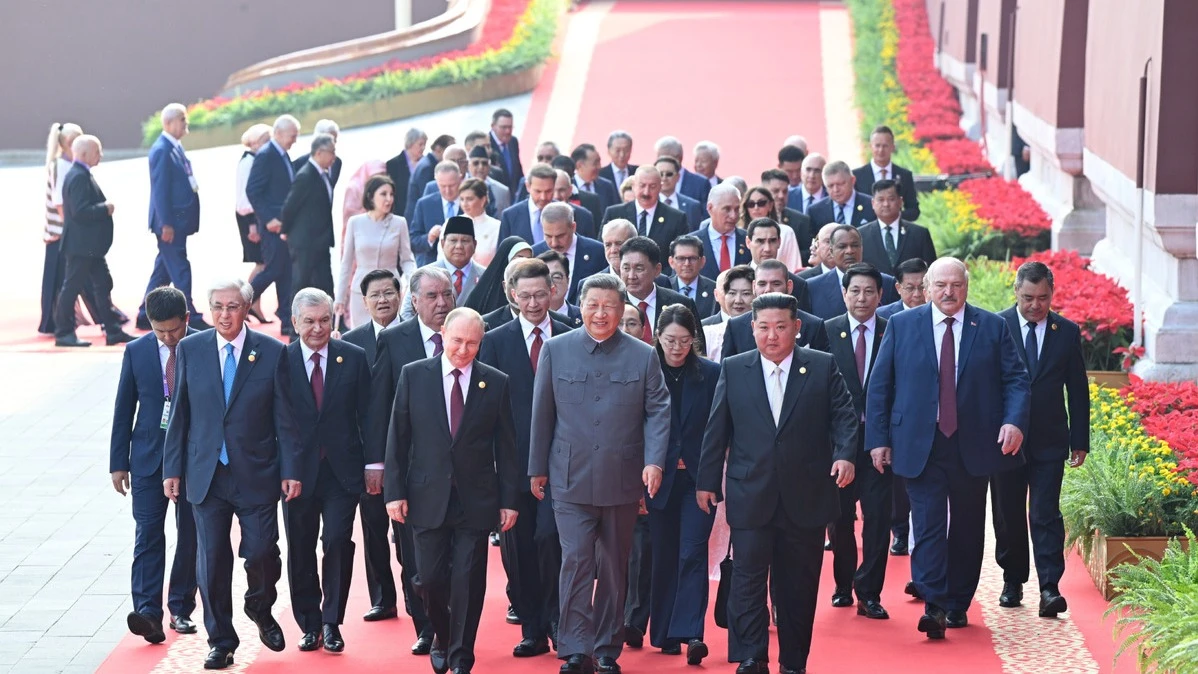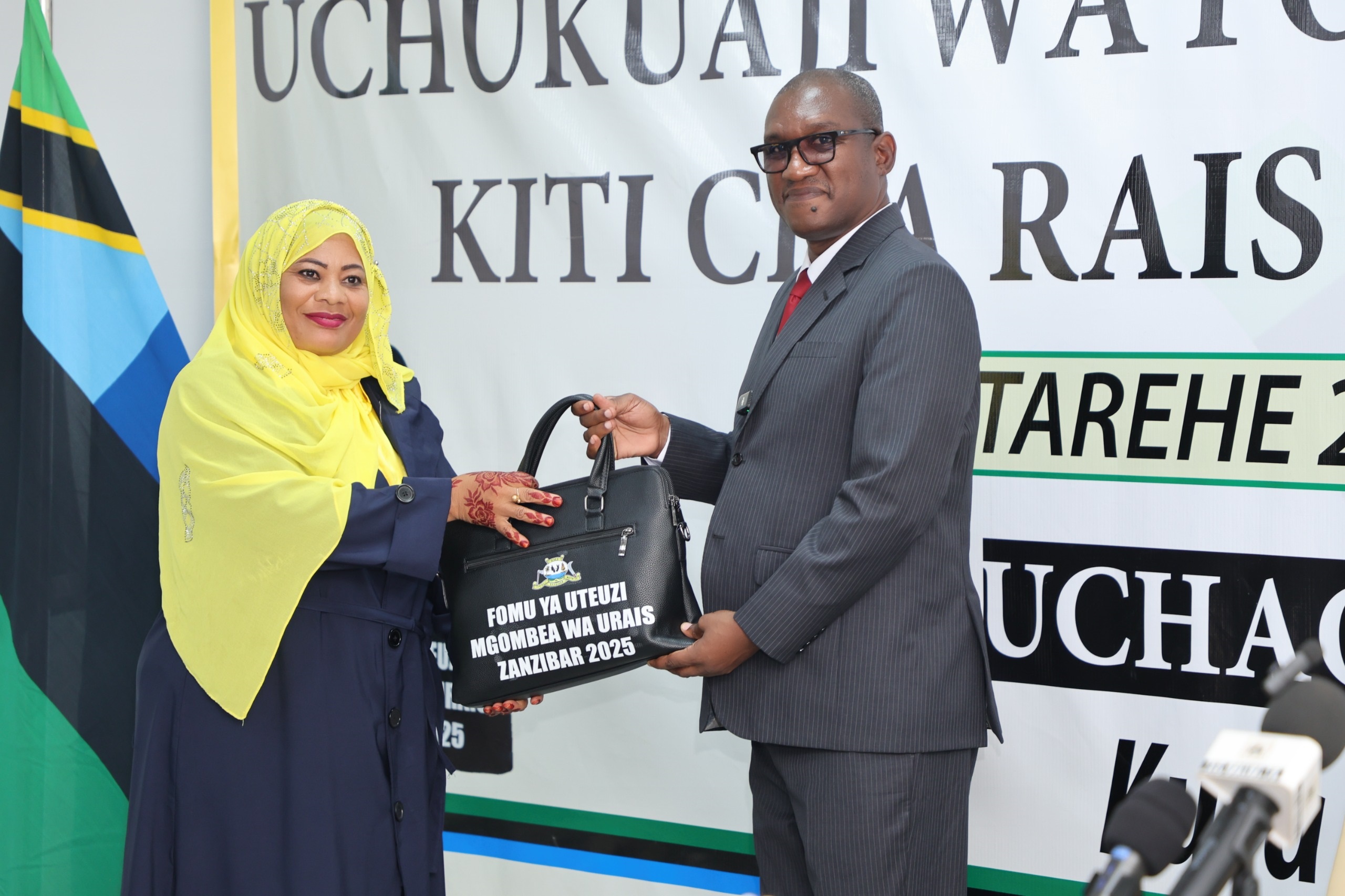Reviving vocational training: The struggle to align education with employment needs

IN recent weeks, Tanzanians have engaged in a heated debate over a statement made by Prime Minister Kassim Majaliwa. He suggested that university graduates should seek additional practical skills by attending vocational training institutions like Veta to enhance their employability.
His argument stems from the increasing mismatch between the education system and the labour market, where many graduates are finding themselves unable to secure jobs relevant to their qualifications.
The idea is to encourage a shift towards more practical skills, in fields like tailoring, electrical work, and computing, even for those with university degrees. While some have lauded this suggestion, many have raised concerns, pointing to broader issues within the country's education system.
Majaliwa’s remarks highlight a glaring issue – the lack of alignment between the education that many students receive and the skills that are needed in the job market. His suggestion that even university graduates should attend vocational training to acquire practical skills resonates with a growing frustration across the country.
This frustration is fuelled by the reality that many young people, despite obtaining degrees, struggle to find work. The situation, although not unique to Tanzania, is compounded by specific local challenges such as outdated curricula, a shortage of well-equipped training institutions, and a lack of coordination between education providers and the industries they are supposed to serve.
In 2022, World Bank statistics revealed a worrying trend: only 1.9 percent of Tanzanians who finish secondary school can graduate from universities. This number stands in stark contrast to countries like Finland, where 99 percent of students transition into higher education after completing their secondary education.
While Tanzania’s education system has evolved over the years, the results are mixed. The country’s early post-independence efforts to build an educated and skilled workforce have faltered, and the promise of education as a route to economic empowerment has become increasingly elusive.
Today, Tanzania faces a paradox. On one hand, there is a growing body of graduates, and on the other, an alarming lack of employment opportunities, especially in skilled sectors.
This situation raises difficult questions about the direction of Tanzania’s education system. How did we get here? In 1961, upon gaining independence, the government established ambitious education plans, focusing on ensuring that Tanzanians, particularly young people, were equipped with the skills to drive national development.
Mwalimu Julius Nyerere, the country’s first president, famously championed the idea of self-reliance and the need for Tanzanians to be the drivers of their economy.
He envisioned a future where local expertise in areas like mining and agriculture would support national growth. Nevertheless, as time passed, these early ambitions began to unravel.
Policies aimed at strengthening Tanzania’s industrial capacity and fostering local talent were undermined by factors such as political instability, a lack of infrastructure, and an insufficient focus on technical training.
The challenges facing today’s education system in Tanzania are deeply rooted in the economic and political choices made in the past. For example, many vocational and technical institutions, like Ifunda, Monduli, and Uyole, were neglected or left to fall into disrepair.
This lack of investment has resulted in a shortage of facilities and equipment, making it difficult for young people to gain practical skills.
Some of these institutions, once hubs of vocational training, have become little more than ruins. To make matters worse, the shift towards an academic-focused education in the late 1990s meant that institutions once dedicated to practical training were restructured to offer degree programmes, ultimately diminishing their original purpose.
This shift is further compounded by the explosion in student loans for higher education, which has led to an increase in graduates, but without a corresponding increase in job opportunities. Universities, under pressure to meet demand, have been offering degrees in fields that do not necessarily align with the job market's needs.
Courses like international relations, tax administration, and public administration, while valuable in certain contexts, are not necessarily relevant to the specific challenges facing Tanzania today. As a result, many graduates are left with little more than theoretical knowledge that is disconnected from the practical skills that would enable them to thrive in the workforce.
Indeed, the experience of many students and graduates reflects a significant gap between the education they receive and the skills needed for employment. While the government has sought to address this by investing in vocational training centres, such as Veta, the reality on the ground is often less encouraging.
Many Veta graduates still face a harsh job market, where employers often prioritise experience over qualifications. This leaves many young people feeling disillusioned, with little hope of finding work that matches their aspirations or skills.
In an interview with a local TV station, Professor Anna Tibaijuka, a renowned economist, criticised the current approach to education, particularly the emphasis on higher education at the expense of practical skills training.
She acknowledged the importance of academic education but argued that the government must also focus on equipping young people with the skills needed to succeed in the real world.
Tibaijuka pointed out that vocational education could play a crucial role in tackling the country's unemployment crisis, but only if the necessary infrastructure and support systems were put in place. Without the right resources, she argued, Veta would not be able to fulfil its potential as a solution to the country’s employment challenges.
Tibaijuka’s critique echoes the concerns of many young people who feel that their education has left them ill-prepared for the job market. While they may have the theoretical knowledge, they lack the practical experience needed to succeed.
This gap between education and employment opportunities is particularly stark in fields like agriculture, where many graduates are ill-equipped to engage in the type of productive, value-added work that could help drive economic growth.
Her comments also highlight a broader issue: the need for a more strategic approach to education and employment. If Tanzania is to overcome its unemployment challenges, it will need to rethink how it structures its education system. This includes rethinking the relationship between universities, vocational schools, and the industries they serve.
As Professor Tibaijuka suggested, there needs to be a focus on producing graduates who are not just academically proficient but also equipped with the practical skills that are in demand in the labour market. This approach could help young people avoid the frustrating cycle of academic study followed by unemployment or underemployment.
The emphasis on practical skills is something that has been echoed by other experts, such as Professor Sospeter Muhongo, a distinguished geologist with over 150 publications in his field.
Prof. Muhongo has consistently argued that there is a significant demand for skilled workers in various sectors, including software development, data science, and cybersecurity, which are essential for the modern economy.
He has pointed out that many of these jobs are already in high demand internationally, with countries like India seeing a huge surge in the need for skilled professionals in these fields.
Muhongo’s comments emphasise that young people need to recognise that employment extends beyond just obtaining a university degree. Technical skills are in demand both in Tanzania and globally, and with the right education, Tanzanians can access international opportunities. However, these prospects require significant investment in the education system, particularly vocational and technical training.
Tanzania should look to Germany’s dual training model, which combines education with work experience, creating a skilled workforce. For Tanzania to replicate this success, institutions like Veta must be revitalised, offering high-quality, practical training that aligns with job market needs. Stronger partnerships between education providers, government, and industry are essential to equip youth with the skills to thrive globally.
Top Headlines
© 2025 IPPMEDIA.COM. ALL RIGHTS RESERVED

























